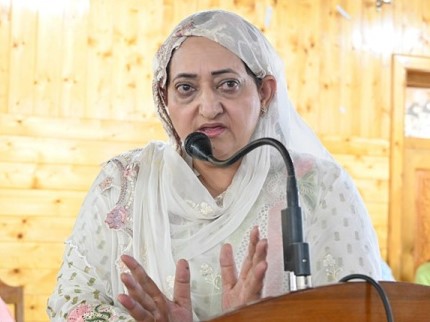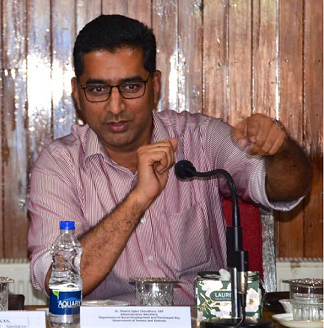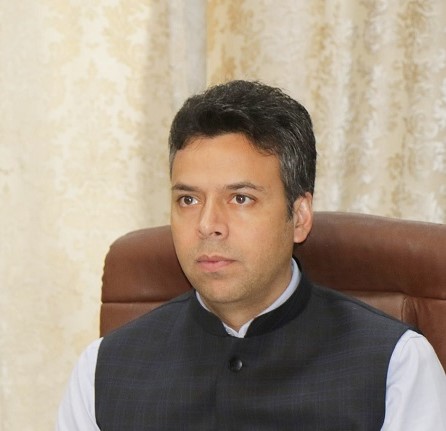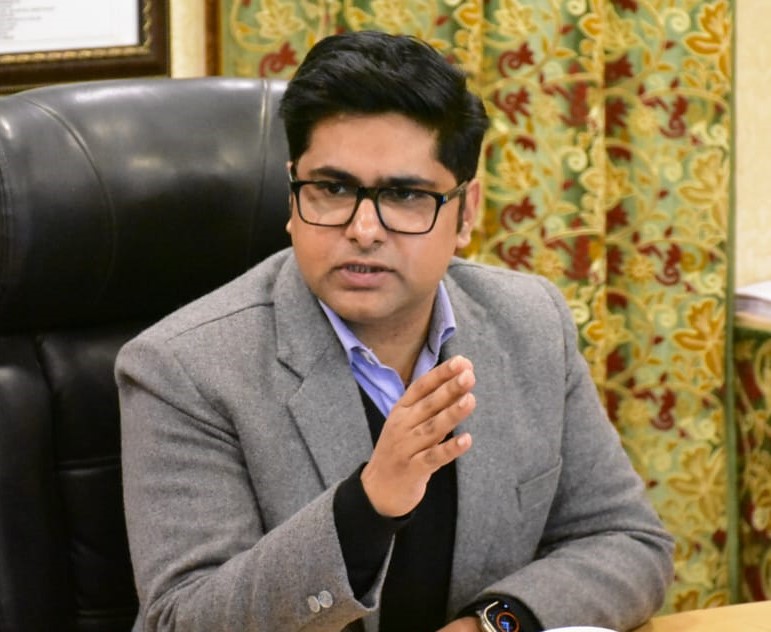Srinagar: Following the momentous changes that accompanied the reorganization of Jammu and Kashmir into a Union Territory, a dynamic transformation has unfolded across various fronts. The embrace of e-governance marks a significant milestone, bidding adieu to the costly annual practice of the Darbar Move, which drained approximately Rs 400 crore from the exchequer. This transition symbolizes the UT’s commitment to streamlining administrative processes and harnessing technological advancements for greater efficiency.
A pivotal moment is marked by the establishment of a dedicated Registration Department, overseeing the digitized process of land and property registration. With the advent of digitalization, the UT has ushered in an era of convenience, rendering over 1040 services accessible online and obviating the need for cumbersome paperwork.
Unveiling a true embodiment of grassroots democracy, the Block Development Council elections have breathed new life into local governance, empowering communities and fostering a deeper sense of participation and representation.
The visionary “Back To Village” program has carried the administration’s presence to the doorsteps of the people, creating an invaluable bridge between policymakers and the realities of the ground. This pioneering initiative has paved the way for more tailored and impactful development strategies.
Addressing historical injustices, Jammu and Kashmir has extended domicile status to marginalized communities, including displaced persons, Valmikis, and children of women married outside the region, effectively dismantling decades of discrimination and exclusion.
The ambitious Prime Minister’s Development Package has expedited developmental projects, with an impressive tally of 32 completed projects by May 2023, a stark contrast to the 7 achieved by June 2018.
The thrust towards enhancing hydroelectric power generation is underscored by the augmentation of capacity, set to reach a formidable 3050 MW by 2025-26.
In tandem, the UT has achieved a substantial surge in power transmission capacity, bolstered by the addition of 4020 MVA capacity between April 2019 and March 2023.
Infrastructure development has surged ahead with the connection of 2096 habitations and the construction of 244 bridges, reaffirming Jammu and Kashmir’s commitment to spurring economic growth.
Travel dynamics have been redefined, as the travel time between Srinagar and Jammu for Light Motor Vehicles has been significantly reduced from 7-12 hours to a mere 5.5 hours, enhancing regional connectivity and accessibility.
A testament to the commitment towards equitable access to essential services, the current fiscal year (2023-24) promises functional household tap connections for all 18.67 lakh rural households.
The economic horizon of Jammu and Kashmir has been invigorated by a surge in industrial growth, substantiated by an impressive influx of investment proposals totalling a staggering 73,376 Crores.
As a trailblazer in social welfare, the UT unveiled the groundbreaking Universal Health Insurance Scheme, bestowing families with up to Rs 5 lakh health coverage, making Jammu and Kashmir the vanguard of inclusive healthcare.
Against the backdrop of these transformative accomplishments, Jammu and Kashmir stands poised on the cusp of a new dawn, propelled by visionary leadership, strategic policy shifts, and an unwavering commitment to progress.














